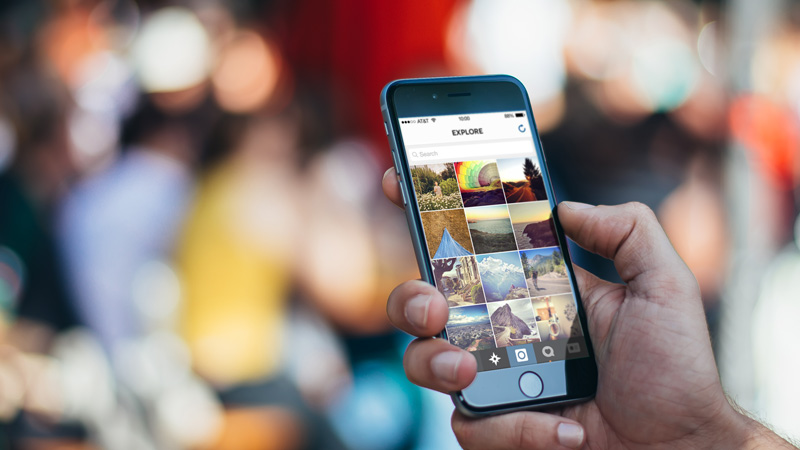Looking at China from a tech perspective is always a fascinating endeavor. The country is more populous than any other place on the planet, and yet, the country’s citizens are often blocked from partaking in the latest tech advancements, all in the name of state wanting to control the dissemination of information.
All the while, the powers that be in China talk a big game about being more open but as a recent CNN look into the country reveals, there’s still a big lockdown on which pieces of software and websites individuals in the country are allowed to use. And further illustrating the degree to which the Chinese Government looks to control access to any and all types of content, Lady Gaga media content in any form was recently banned after the singer took a meeting with the Dalai Lama in the United States.
DON’T MISS: Report says Apple Watch 2 will include one of the most sought-after missing features
So with that as a backdrop, let’s dive in and have a quick look at which types of apps, services and websites individuals in China can’t partake in and enjoy.
Banned since 2014, you won’t be able to spend hours browsing through Instagram photos in China. As CNN notes, the site was blocked “after pro-democracy protests rocked Hong Kong in 2014.”
Google/YouTube
If you want to partake in the wonders of Google search or peruse through YouTube’s massive video library, you won’t be able to do it in China
Banned for quite some time, one can see why Chinese officials would be wary of Twitter given its usefulness in disseminating information and the important role the site played during the Arab Spring.
Banned since 2009, there’s no indication that Facebook will be opened up to the general populace anytime soon. Not surprisingly, Chinese officials are particularly wary of any website or service that is centered on user-generated content.
A list of other websites banned in China include Dropbox, Vimeo, SoundCloud, Scribd, Bloomberg, Flickr, BBC, The Economist, and TIME.




